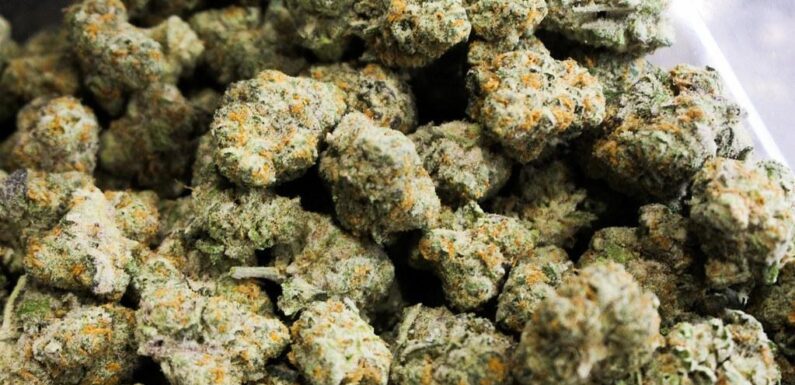
In the realm of cannabis, two cannabinoids have been garnering attention for their unique effects and properties: delta 8 THC and delta 9 THC. While both compounds share similarities, they also exhibit distinct characteristics that set them apart. In this exploration, we’ll delve into the differences between delta 8 flower and delta 9 flower, shedding light on their effects, legality, and potential benefits.
Chemical Structure
Delta 8 THC and delta 9 THC are both cannabinoids found in the cannabis plant, but they differ in their chemical structure. Delta 8 THC has a double bond on the eighth carbon atom in its molecular chain, while delta 9 THC has a double bond on the ninth carbon atom. This subtle difference in structure leads to variations in their effects and potency.
Psychoactive Effects
One of the most significant differences between delta 8 flower and delta 9 flower lies in their psychoactive effects. Delta 9 THC is known for its potent psychoactive properties, often inducing a strong euphoric high and feelings of relaxation, creativity, and altered perception. In contrast, delta 8 THC is considered to be less psychoactive, producing a milder, more subdued high. Users of delta 8 flower often report feeling relaxed, uplifted, and clear-headed, without the intense psychoactive effects associated with delta 9 THC.
Legality
Another important distinction between delta 8 flower and delta 9 flower is their legal status. While delta 9 THC remains federally classified as a Schedule I controlled substance, delta 8 THC occupies a legal gray area. Under the 2018 Farm Bill, hemp-derived products containing less than 0.3% delta 9 THC are technically legal at the federal level. This has paved the way for the production and sale of delta 8-infused products, including flower, in many states where cannabis remains prohibited or restricted. However, it’s essential to note that the legality of delta 8 THC varies from state to state, and consumers should familiarize themselves with local laws and regulations before purchasing or using delta 8 flower.
Potential Benefits
Both delta 8 flower and delta 9 flower may offer a range of potential therapeutic benefits, although research is still ongoing. Delta 9 THC is known for its analgesic, anti-inflammatory, anti-nausea, and appetite-stimulating properties, making it a valuable tool for managing various health conditions. Similarly, delta 8 THC is believed to possess similar therapeutic effects, with some users reporting relief from anxiety, stress, pain, and inflammation. However, more research is needed to fully understand the medicinal properties of delta 8 THC and its potential benefits.
In conclusion, while delta 8 flower and delta 9 flower share some similarities, they also exhibit distinct differences in their chemical structure, psychoactive effects, legality, and potential benefits. Whether you’re seeking a potent high or a more mellow experience, understanding the contrasts between delta 8 and delta 9 THC can help you make informed decisions about your cannabis consumption. As always, it’s essential to prioritize safety, legality, and responsible use when exploring the world of cannabis and cannabinoid-infused products.

